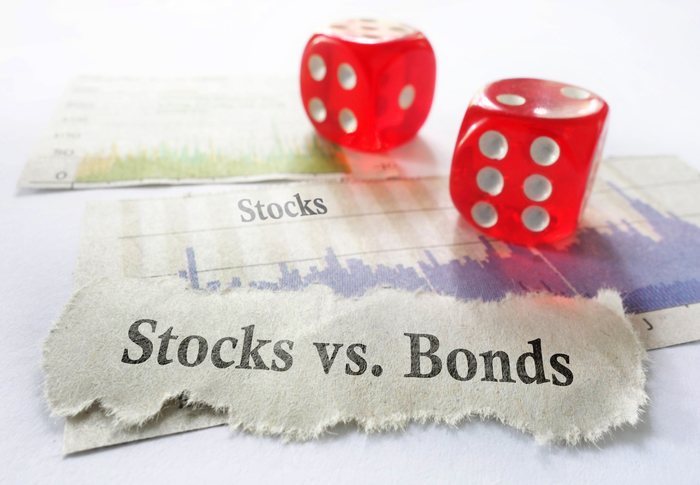With so many options on the table, it can be difficult to make a well-informed decision about where to put your money. One rookie error or inability to predict future market trends could leave you out of pocket and a lot more concerned about your pension prospects. Once all the jargon is broken down and the necessary information is available, it can clarify a lot of the worries that surround investment for many.
Of course, it is not like there is one solution for everybody, and these different types of investments may well tempt different people over others; it all depends on your situation.
Stocks are classed as an equity. They are also a security. Stocks are basically you buying into the company that you are investing in, and you will now own a stake in this company, however small. When the company performs well, your shares will too. If the company makes some bad investment decisions, you will notice it just as quickly. There is no guarantee here, but as it works out most often, where there is a greater risk, there is a potential for greater reward.
 Should you dip your toes into the markets when investor confidence is high, the markets could propel your shares much higher than you had ever dreamed of, in just a matter of months. By predicting market trends accurately and keeping updated with all of the current goings on, there is definitely a lot of money to be made. However, ensuring this outcome is not exactly the easiest.
Should you dip your toes into the markets when investor confidence is high, the markets could propel your shares much higher than you had ever dreamed of, in just a matter of months. By predicting market trends accurately and keeping updated with all of the current goings on, there is definitely a lot of money to be made. However, ensuring this outcome is not exactly the easiest.
To manage one investment may not be too hard to handle, but these markets will not wait for you if you’re on holiday for a week, or snowed under at work. In order to protect the best value for yourself in terms of your stocks investments, you have to be ready to pull out at any time should the market suddenly start to look volatile and begin to fluctuate, Indeed, this kind of excitement may well prove to be the attraction for some to get involved, but for others, this may not be the reliable investment they were looking to capture.
Bonds can offer a less frenetic route in for your investments. These are classed as a debt security, and involves you lending the borrower money, in return for them investing it in their business. Unlike stocks, where you have a stake in the company and thus see returns based on performance, bonds see you essentially loaning the business a sum that you will see back in two forms: you get the face value loan back with maturity, as well as a premium for the borrowing in the first instance, known as a coupon.
This option has less risk, and you can guarantee a payment structure to suit you so that you can have an idea of your capital returns, but the returns are somewhat limited and will be pre-defined in nature. Stocks, on the other hand, offer you a limitless potential reward, though you could lose it all if you put your money in an unwise place. This is the game, however, and navigating it comes with consequences. Seeking advice from an investment expert can alleviate many of the nagging fears you may have about whether to go for the risky option or not, and give you an idea of what returns you can expect.
Now for securities in general. It may seem like a catch-all reference, and it does very much apply to stocks and bonds, through mutual funds are also securities. It can be best to think of any security investment as something intangible that you cannot see or touch, such as a car or a bar of gold; it is instead tied into the performance of the companies you have decided to invest in.
The main additional bonus of securities, aside from the lure of incredible profits and early retirement, is the liquidity of the capital. Should you need to, it is possible to sell what stakes and bonds you have, and trade them out rather than waiting for the end of a 20-year plan, by which point the market could look completely different. So, too, could all of your savings at this stage. As with any investment, a keen eye on the markets you are heading into, and some solid advice that you can trust, will give you the best chance of making the right decision with your investments.
